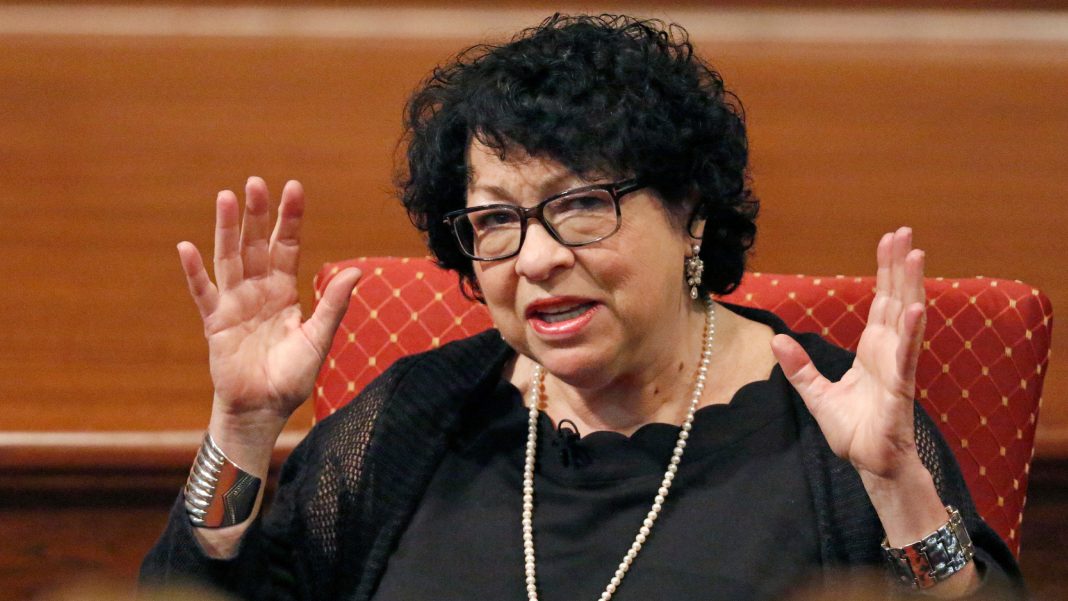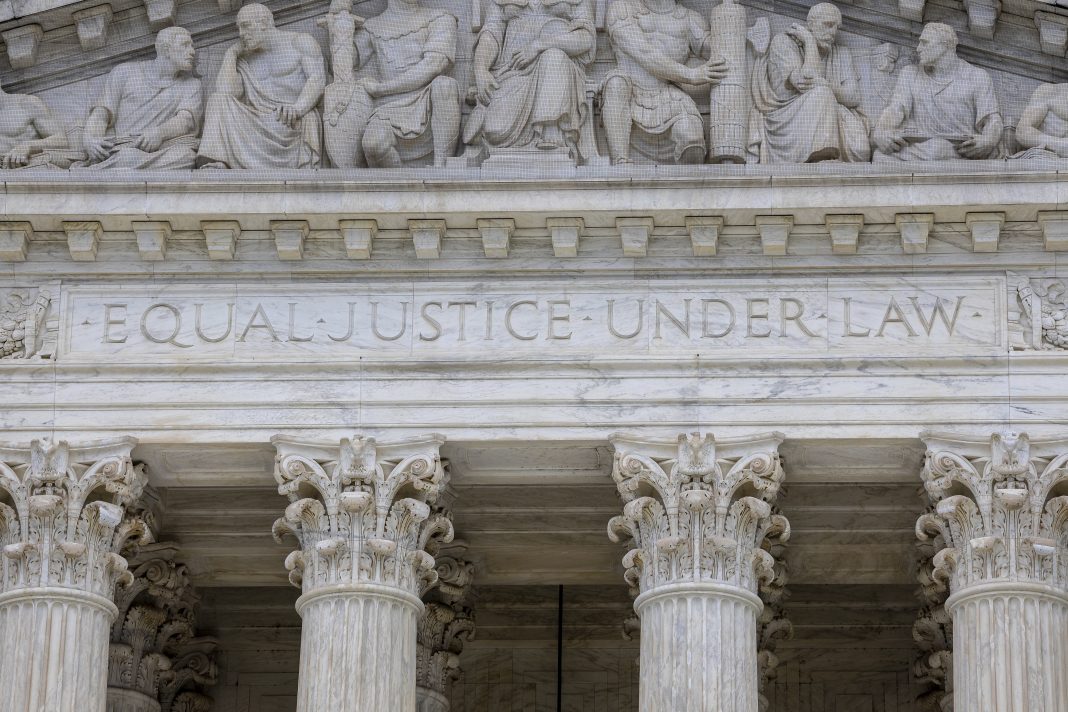Supreme Court Ruling on Trump’s Immunity: What It Means for Presidential Power
In a highly anticipated decision, the U.S. Supreme Court ruled on Monday that former President Donald Trump is entitled to some immunity from criminal prosecution for his actions to overturn the results of the 2020 election. However, the court sent the case back to the trial court to determine which charges can proceed, effectively delaying any potential trial until after the November election. President Joe Biden is set to deliver remarks on this landmark ruling later today.
Chief Justice John Roberts, writing the 6-3 majority opinion, stated, “The President is not above the law. But under our system of separated powers, the President may not be prosecuted for exercising his core constitutional powers, and he is entitled to at least presumptive immunity from prosecution for his official acts. That immunity applies equally to all occupants of the Oval Office.” This decision outlines the boundaries of presidential power, establishing that former presidents have absolute immunity for their “core” official acts but no immunity for “unofficial” acts.
Trump had claimed “absolute immunity” for all his actions, a position that the court rejected. Roberts noted that Trump’s assertion of immunity was far broader than what the court has recognized. The justices are now sending the case back to the district court to determine which acts alleged in special counsel Jack Smith’s indictment qualify as official duties and could be protected from liability.
The dissenting justices, Sonia Sotomayor, Elena Kagan, and Ketanji Brown Jackson, strongly disagreed with the majority’s decision. Sotomayor, in a fiery dissent read aloud from the bench, argued that the ruling “reshapes the institution of the presidency.” She wrote, “It makes a mockery of the principle, foundational to our Constitution and system of Government, that no man is above the law.”
To discern between official and unofficial conduct, Chief Justice Roberts provided guidelines for the lower courts. He acknowledged that distinguishing between the two can be difficult. While certain allegations can be easily categorized based on the president’s official relationship with individuals, others present more challenging questions. The court stated that actions within the “outer perimeter” of a president’s official responsibilities are immune, as long as they are not “manifestly or palpably beyond his authority.” Additionally, courts may not consider a president’s motives and must not assess whether an action violated a generally applicable law.
Sotomayor expressed deep concern over the implications of this ruling, declaring that it effectively makes the president “a king above the law.” She warned that it grants the president immunity even when using official powers for nefarious purposes, such as ordering assassinations or organizing military coups. She concluded her dissent with these words: “With fear for our democracy, I dissent.”
In response to Sotomayor’s characterization, Chief Justice Roberts vehemently defended the court’s decision, emphasizing that it is not as extreme as she suggests. He clarified that the president remains subject to prosecution in their unofficial capacity. However, he underscored that the president holds a unique position as a branch of government with extensive powers and duties granted by the Constitution.
This Supreme Court ruling has far-reaching implications for presidential power and accountability. While it affirms some level of immunity for former presidents, it also reinforces the idea that no one is above the law. The decision highlights the delicate balance between the president’s constitutional authority and the need for accountability. As the case moves back to the trial court, further legal battles and debates about executive immunity are likely to ensue, shaping the future of our democracy.


